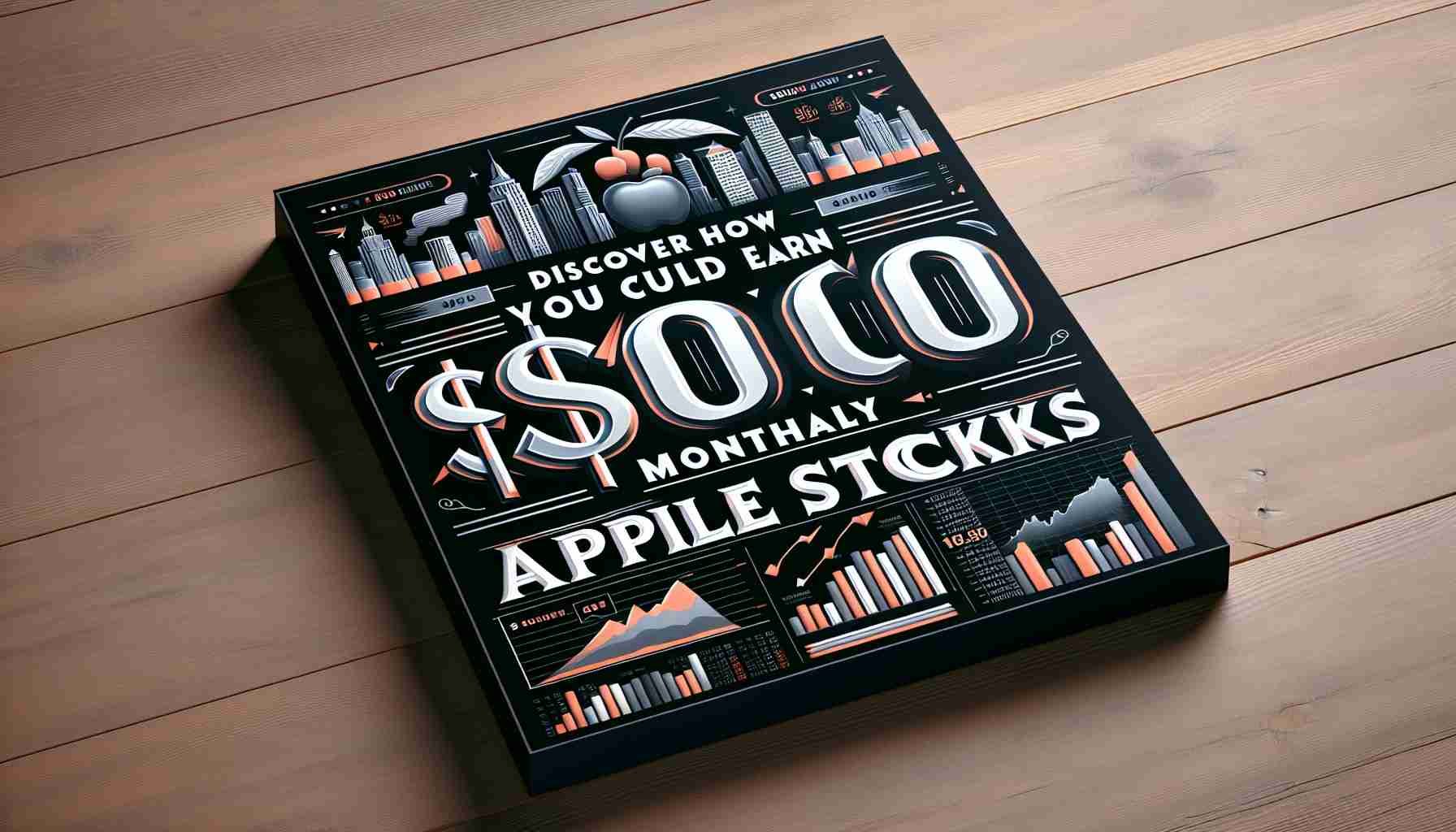Apple Inc. (NASDAQ:AAPL), with its staggering $3.4 trillion market cap, dominates the tech world by creating and selling an array of innovative products, from smartphones to wearable tech. Investors are eagerly waiting for the company’s Q1 2025 earnings report on January 30, 2025. Experts predict earnings per share (EPS) could rise to $2.35, a jump from last year’s $2.18.
If you’re considering Apple for a stable income, its dividend yield of 0.44% is a key factor. Despite its relatively low yield, Apple’s steady performance makes it a reliable choice. The tech titan paid out $1 per share over the past year.
In its recent Q4 2024 report, Apple once again surpassed analyst expectations. It recorded $94.9 billion in revenue, outstripping forecasts of $94.56 billion. The iPhone powerhouse reported fourth-quarter adjusted earnings of $1.64 per share, exceeding projections. Product sales increased to $69.96 billion, and services saw a boost to $24.97 billion. Impressively, Apple has outperformed analyst predictions for seven straight quarters.
To achieve a monthly income of $100 from Apple dividends, investors need a chunk of Apple stock worth approximately $272,727. This translates to owning around 1,191 shares priced at $229 each.
For those intrigued by the potential of dividend investments, calculating the dividend yield is essential. It involves dividing annual dividend payments by the stock’s current price. This yield adapts with changing market conditions and stock prices, influencing investment strategies.
Are stable dividends appealing to you? Apple shows promise for investors seeking a consistent monthly income.
How Apple’s Growing Market Influence Shapes the Future of Technology
Apple Inc.’s unparalleled influence in the tech industry extends far beyond its financial muscle and market cap achievements. This giant has not only reshaped consumer expectations for technology products but also steered the global market towards a future defined by innovation and sustainable practices. Let’s dive into the lesser-known yet impactful ways Apple’s strategies and operations are influencing lives, societies, and economies worldwide.
Driving Technological Evolution
Apple is renowned for pushing the boundaries of what’s possible in personal technology. With the company heavily investing in research and development, it consistently introduces groundbreaking features that prompt entire industries to evolve. Its commitment to AR (Augmented Reality) and AI (Artificial Intelligence) continues to unfold new opportunities, especially in sectors like education and health care, where augmented realities are enhancing learning experiences and medical trainings.
This pioneering approach inspires competitors to innovate, fostering a tech ecosystem that benefits consumers with more choices and advancements. However, the constant pace of innovation also poses challenges. Consumers face shorter product life cycles and a pressure to stay updated with the latest offerings, potentially leading to increased electronic waste.
Social Responsibility and Sustainability
Behind Apple’s quest for innovation lies a robust strategy focused on sustainable growth. The company has made tremendous strides towards reducing its carbon footprint and embracing renewable energy. Apple’s commitment to creating products with recycled materials and ethical sourcing sets a new standard in corporate responsibility.
On the flip side, Apple’s vast supply chain means it still grapples with labor rights issues and environmental concerns in regions where it manufactures goods. Despite its efforts, the company faces scrutiny from watchdogs and activists pressing for higher transparency and accountability, illustrating the complexity of global operations.
The Economic Ripple Effect
Apple’s economic impact is profound, not just as a business entity but as a catalyst for employment and entrepreneurship. The company supports millions of jobs globally in its stores, supply chain, and app economy. Developers harness the App Store to generate revenue and innovate, showcasing how digital platforms can empower individuals and boost local economies.
Yet, its dominance raises important questions about market competition. Is Apple’s significant hold over certain markets stifling smaller competitors? The ongoing debates around Apple’s App Store policies and antitrust issues highlight the tension between market power and fair competition. These controversies shape conversations and policies about the tech industry’s future landscape.
Advantages and Disadvantages
While Apple’s global influence delivers numerous advantages, such as leading innovation, sustainable practices, economic contributions, and ecosystem development, it is not without drawbacks. Consumers need to navigate frequent product releases, workers in the supply chain demand fair labor practices, and regulatory bodies intensify efforts to ensure competitive fairness.
These multifaceted impacts illustrate the double-edged sword of technological advancement in today’s world.
Related Questions
– How does Apple’s innovation benefit consumers and other tech companies? Apple’s continual innovation raises consumer expectations and pushes competitors to innovate, leading to an enriched tech landscape.
– What sustainability measures is Apple implementing? Apple focuses on renewable energy and ethically sourced materials, aiming for carbon neutrality and minimal environmental impact.
– How does Apple balance its economic contributions with market competition concerns? Despite bolstering economies through job creation, Apple’s dominance raises concerns about hindering competition, prompting regulatory scrutiny.
Explore more about Apple’s endeavors in technology and business at their official website.



















